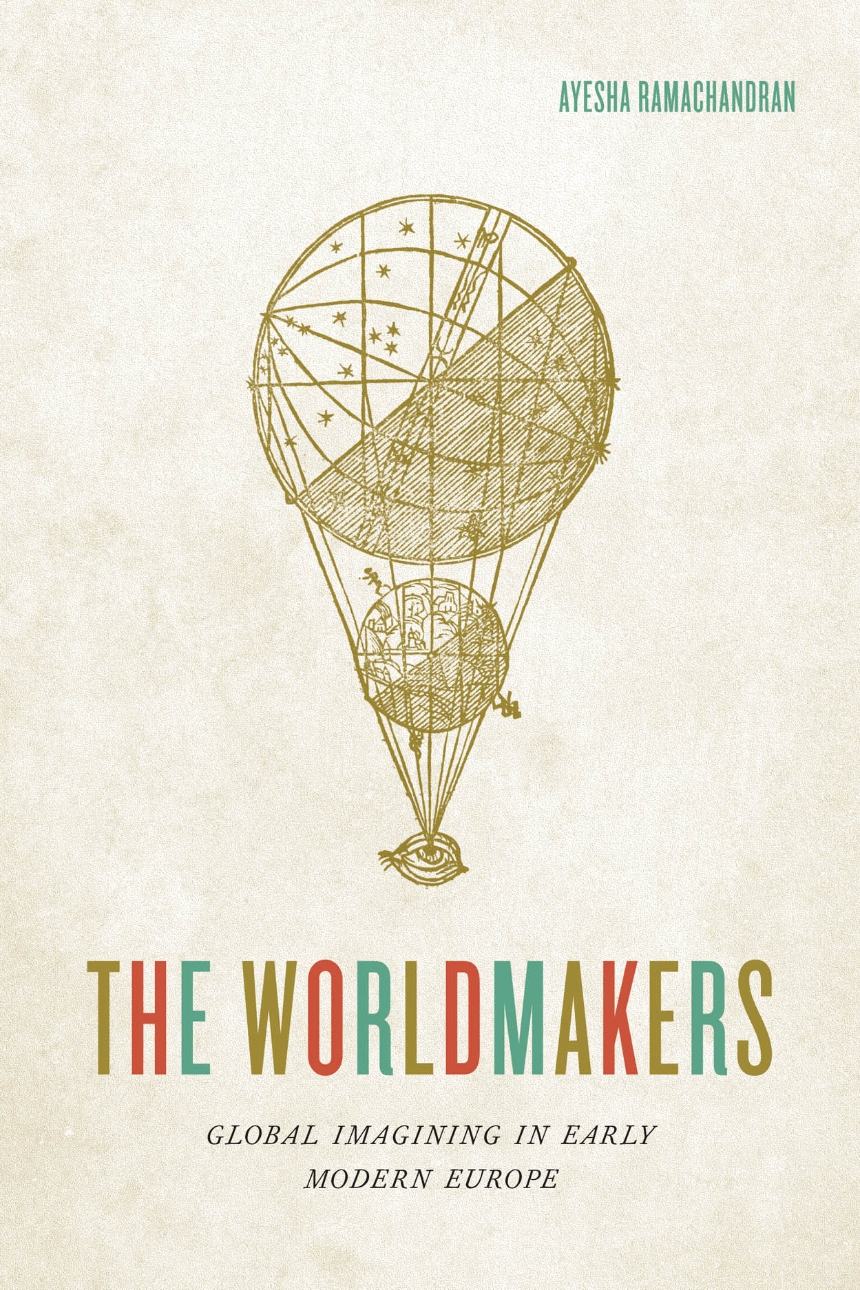The Worldmakers
Global Imagining in Early Modern Europe
The Worldmakers moves beyond histories of globalization to explore how “the world” itself—variously understood as an object of inquiry, a comprehensive category, and a system of order—was self-consciously shaped by human agents. Gathering an international cast of characters, from Dutch cartographers and French philosophers to Portuguese and English poets, Ramachandran describes a history of firsts: the first world atlas, the first global epic, the first modern attempt to develop a systematic natural philosophy—all part of an effort by early modern thinkers to capture “the world” on the page.
304 pages | 18 halftones | 6 x 9 | © 2015
Geography: Cultural and Historical Geography
History: European History, History of Ideas
Literature and Literary Criticism: British and Irish Literature, Romance Languages
Reviews
Awards
Yale MacMillan Center: Gaddis Smith International Book Prize
Won
Modern Language Association: MLA Scaglione Prize for Comparative Literary Studies
Won
Sixteenth Century Society and Conference: SCSC Founders Prize
Won
